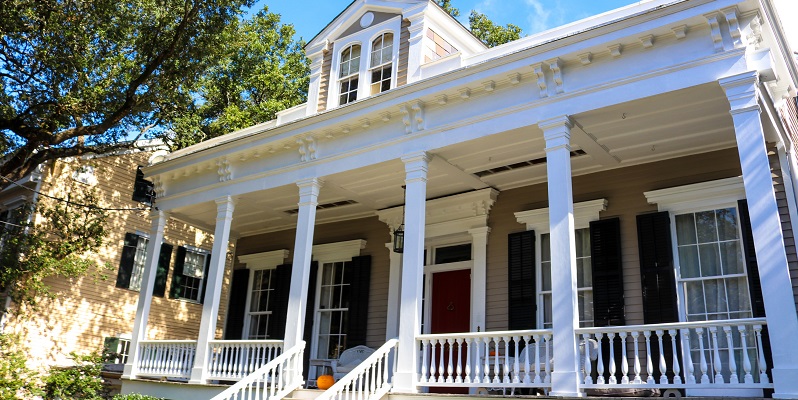
Title insurance protects New Orleans homebuyers as well as mortgage lenders against defects or problems with a title that arise during the transfer of property ownership.
A First-Time Homebuyer’s Guide to Understanding Legal Possession of a Property
You want to buy a home in New Orleans, and you’ve heard that you must purchase title insurance before the bank will lend you the money. Although it might seem like just one more expense, title insurance is vital when purchasing a home, since it covers things that happened prior to closing that could affect the status of the property’s title as well as the buyer’s claim to the property.
Here are some of the common title issues that might result in risk for a homebuyer:
- Liens against a title by a party with an unsatisfied financial obligation against the property owner.
- Recording errors, erroneous legal descriptions, improper indexing of land records, or unsatisfied claims that occurred during previous ownership of the property.
- Claims against the property by missing heirs, former spouses, or even government entities.
- Fraudulent activity, including forged signatures or false powers of attorney.
Title insurance protects homebuyers as well as mortgage lenders against defects or problems with a title that arise during the transfer of property ownership. If a dispute arises during the sale of a home, the title insurance company could be responsible for paying damages, depending on the provisions of the policy.
Those who have inherited New Orleans property should be proactive in acquiring a clear title, as legal title to a property does not automatically pass from the former owner to their heirs. Lack of a clear title can prevent you from refinancing, selling the property, receiving government aid, or cashing insurance checks.
Homeowners usually need two title insurance policies, one for the owner and one for the lender. An owner’s policy can either be standard, meaning that it is issued in the amount paid for the home and will protect the buyer for the full price of the home, plus legal costs should any issues arise. There is also an “enhanced” owner’s policy which offers additional coverage for post-closing problems such as survey issues, and also increases the amount of coverage, generally up to 150% of the home’s value at closing.
If you take out a mortgage to buy your home, your lender will likely require you to take out a lender’s policy to protect them if a title problem arises after the sale. A lender’s policy is also issued for the amount of the mortgage, but coverage decreases as you pay down the loan and ends when the mortgage is paid off.
How is title insurance purchased?
Purchasing title insurance requires the completion of a two-part process: 1) researching records (a title search) to make sure the title is “clean,” and 2) contacting the underwriting company to issue an insurance policy that will pay for the buyer’s legal defense should anyone challenge the title, and compensating them for their equity should they lose the challenge.
Louisiana homebuyers are not required to purchase title insurance from any specific company and are free to shop around for title insurance, but you’ll need to know the purchase price to make an accurate comparison between companies. Be sure to ask what services and fees are included in the premium and whether any additional fees will apply.
How much does title insurance cost?
The Louisiana Department of Insurance sets the rates for title insurance in the state, and although there might be slight variations in policy options, title insurance rates will be the same for any company authorized to do business in Louisiana. In most cases, the seller pays for the owner’s title insurance and the buyer purchases the lender’s policy. The rates are based on the selling price of the home — the higher the price, the more title insurance costs. The cost of a lender’s policy is usually relatively low because it is based upon the same title search as the buyer’s policy.
More questions? Contact an experienced New Orleans Realtor.
Take the stress out of the home buying process and work with our knowledgeable New Orleans Realtors for your next home. You can contact our team at (504) 483-8884 or by using our quick online form.
You can also visit our guides on understanding flood insurance and shopping homeowners insurance for additional information on being a savvy homebuyer.